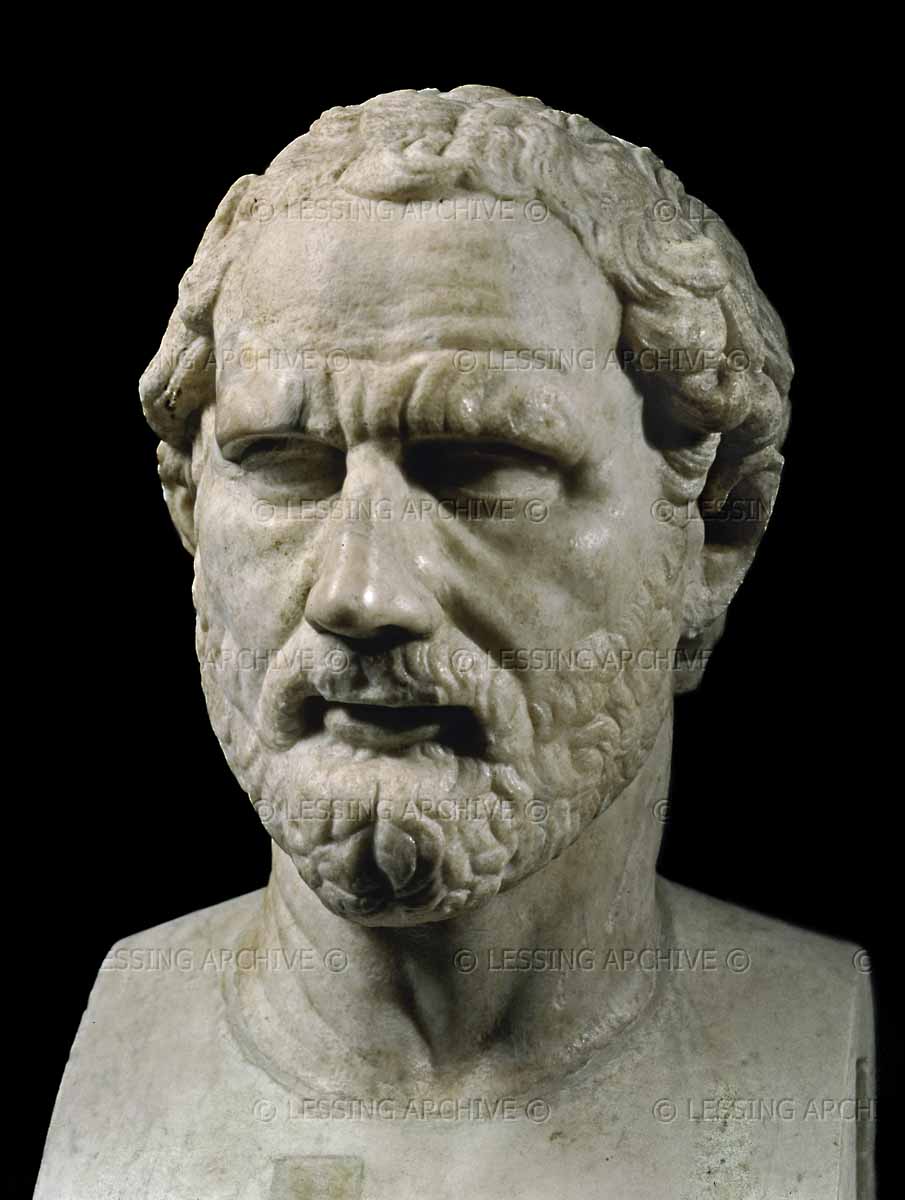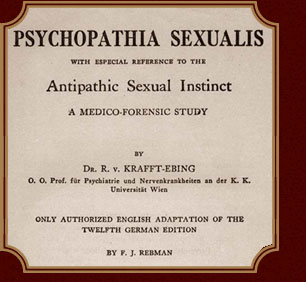|
Gay Wisdom for Daily Living brought to you by White Crane Institute ͏ ͏ ͏ ͏ ͏ ͏ ͏ ͏ ͏ ͏ ͏ ͏ ͏ ͏ ͏ ͏ ͏ ͏ ͏ ͏ ͏ ͏ ͏ ͏ ͏ ͏ ͏ ͏ ͏ ͏ ͏ ͏ ͏ ͏ ͏ ͏ ͏ ͏ ͏ ͏ ͏ ͏ ͏ ͏ ͏ ͏ ͏ ͏ ͏ ͏ ͏ ͏ ͏ ͏ ͏ ͏ ͏ ͏ ͏ ͏ ͏ ͏ ͏ ͏ ͏ ͏ ͏ ͏ ͏ ͏ ͏ ͏ ͏ ͏ ͏ ͏ ͏ ͏ ͏ ͏ ͏ ͏ ͏ ͏ ͏ ͏ ͏ ͏ ͏ ͏ ͏ ͏ ͏ ͏ ͏ ͏ ͏ ͏ ͏ ͏ ͏ ͏ ͏ ͏ ͏ ͏ ͏ ͏ ͏ ͏ ͏ ͏ ͏ ͏ ͏ ͏ ͏ ͏ ͏ ͏ ͏ ͏ ͏ ͏ ͏ ͏ ͏ ͏ ͏ ͏ ͏ ͏ ͏
|
|
||||
| This Day in Gay History | ||||
August 14Born 0383 BCE - DEMOSTHENES is born in Athens. Anyone who has struggled with public speaking knows the parable about putting pebbles in your mouth. It was Demosthenes who invented the practice. When he wasn't practicing with pebbles he was dating the young men of the city. His father, a rich manufacturer of swords and other arms, died when Demosthenes was seven. The guardians of his father’s estate handled it dishonestly, and at eighteen Demosthenes demanded his rightful inheritance. After studying with Isaeus, an orator and specialist in law, Demosthenes brought charges against his guardians and finally won his case, but actually received little of what was due him. To earn a living, Demosthenes became a professional writer of speeches. According to tradition, his failure as an orator when speaking before the assembly for the first time only stimulated him to intense study and practice, which included speaking with pebbles in his mouth and other extremely difficult exercises. Demosthenes’ great talent and extraordinary self-discipline eventually made him the greatest and most famous Athenian orator. Although it is only legend, the story about the pebbles has always been a bit troubling. How on earth could speaking with a full mouth – full of pebbles no less – help one to speak more clearly? It doesn’t make much sense. Considering Demosthenes’ love affairs with the youths Cnosion and Epicrates, perhaps two myths got crossed in transmission: the pebbles actually having been, um, something else. 1840 - RICHARD VON KRAFFT-EBING, German psychologist, born (d. 1902). His book Psychopathia Sexualis ("Psychopathy of Sex") became his best-known work. He wrote the book, intended as a forensic reference for doctors and judges, in high academic tone and in the introduction noted that he had "deliberately chosen a scientific term for the name of the book to discourage lay readers". In the first edition in 1886, Krafft-Ebing divided sexual deviance into four categories: paradoxia, sexual desire at the wrong time of life, i.e. childhood or old age; anesthesia, insufficient desire; hyperesthesia, excessive desire; paraesthesia, sexual desire for the wrong goal or object. This included homosexuality (or "contrary sexual desire"), sexual fetishism, sadism, masochism, pederasty and so on. Krafft-Ebing believed that the purpose of sexual desire was procreation, and any form of desire that didn't go towards that ultimate goal was a perversion. Rape, for instance, was an aberrant act, but not a perversion, since pregnancy could result. Krafft-Ebing saw women as basically sexually passive and recorded no female sadists or fetishists in his case studies. Behavior that would be classified as masochism in men was categorized as "sexual bondage" in women, which was not a perversion, again because such behavior did not interfere with procreation. After interviewing many homosexuals, both as his private patients and as a forensic expert, and reading some works in favor of gay rights (male homosexuality had become a criminal offence in Germany and the Austro-Hungarian Empire by that time; unlike lesbianism, but discrimination against lesbians functioned equally), Krafft-Ebing reached the conclusion that both male and female homosexuals did not suffer from mental illness or perversion (as persistent popular belief held), and became interested in the study of the subject. Krafft-Ebing elaborated an evolutionist theory considering homosexuality as an anomalous process developed during the gestation of the embryo and fetus, evolving into a sexual inversion of the brain. Some years later, in 1901, he corrected himself in an article published in the Jahrbuch für sexuelle Zwischenstufen, changing the term anomaly to differentiation. But his final conclusions remained forgotten for years, partly because Sigmund Freud's theories captivated the attention of those that considered homosexuality a psychological problem (the majority at the time), and partly because Krafft-Ebing had incurred some enmity from the Austrian Catholic church by associating the desire for sanctity and martyrdom with hysteria and masochism (besides denying the perversity of homosexuals). Some years later Krafft-Ebing's theory led other specialists on mental studies to reach the same conclusion and to the study of transgenderism (or transsexuality) as another differentiation correctable by means of surgery (rather than by psychiatry or psychology). Reputable contemporary psychiatrists no longer consider homosexuality as pathological (as Krafft-Ebing did in his first studies): partly due to new conceptions, and partly due to Krafft-Ebing's own self-correction. Died 2012 - RON PALILLO (b: 1949) died on this date. An American television and film actor, perhaps best known for his role as high school student Arnold Dingfelder Horshack on the ABC sitcom Welcome Back Kotter, which aired from 1975 to 1979. After Welcome Back, Kotter, Palillo appeared in supporting roles in various television series and performed the voice in various animated series such as Laverne and Shirley in the Army, Darkwing Duck, and Rubik: The Amazing Cube where he played the lead character. In 1996, Palillo played himself in several episodes of Ellen, where he became the love interest of Ellen's friend Audrey. He also played a small part on Friday the 13th Part VI. Outside of acting, Palillo was also an artist, having provided the art for two children's books: The Red Wings of Christmas and A Gift for the Contessa. He is credited on these as "Ronald G. Paolillo", which he used in memory of his father. Palillo returned to New York in 1991, and played roles as Mozart in Amadeus, George in Who’s Afraid of Virginia Woolf?, and Nathan Detroit in Guys and Dolls.. In 2005, his first full length play, The Lost Boy, the true story of Peter Pan author J.M. Barrie, was produced in New York State. Palillo was a teacher at G-Star School of the Arts for Motion Pictures and Broadcasting in Palm Springs. His partner of 41 years was Joseph Gramm | ||||
|
|8|O|8|O|8|O|8|O|8|O|8|O|8|O|8| Gay Wisdom for Daily Living from White Crane Institute "With the increasing commodification of gay news, views, and culture by powerful corporate interests, having a strong independent voice in our community is all the more important. White Crane is one of the last brave standouts in this bland new world... a triumph over the looming mediocrity of the mainstream Gay world." - Mark Thompson Exploring Gay Wisdom & Culture since 1989! |8|O|8|O|8|O|8|O|8|O|8|O|8|O|8| | ||||
|
|||||
|




